Title
There's a wildlife career waiting for you
If you're passionate about research, conservation, or education, there's a wildlife career waiting for you. Learn about the vital roles professionals play in safeguarding our natural world and find the path that aligns with your passion for wildlife.
The U.S. Bureau of Labor Statistics lists potential occupations in life sciences, including options with entry-level education and median pay. Whether it's fieldwork, research, or advocacy, find your passion in the dynamic natural world. This is not an exhaustive list, and there are many career opportunities under the umbrella of wildlife and environmental conservation. We explore several below as well as an interview with a professional in that field.
More ways to engage with wildlife
Career Opportunities

Wildlife Biologist
Wildlife biologists study animals in their natural habitats. They observe behaviors, assess population dynamics, and contribute to conservation efforts. With a bachelor's degree in wildlife biology or a related field, they may work for government agencies, research institutions, or environmental organizations. Advanced degrees, like a master's or Ph.D., open more research and leadership opportunities.
Meet the Community Ecology Sperry Lab
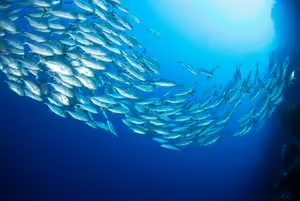
Fisheries Biologist
Fisheries biologists study aquatic ecosystems and fish populations. They work to assess population health, develop management strategies, and conduct research. A bachelor's degree in fisheries biology or a related field is common, with advanced degrees beneficial for higher-level roles.
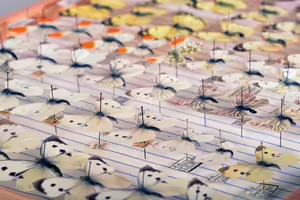
Entomologist
Entomologists study insects and their role in ecosystems. They may work in research, agriculture, or conservation, focusing on insect biology and ecology. Degrees in entomology or biology are common, contributing to biodiversity understanding and pest management.
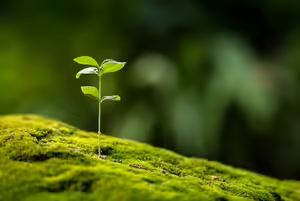
Botanist
Botanists study plants, including their classification, distribution, and ecological roles. They might work in laboratories, botanical gardens, or conduct field research and surveys. A bachelor's or master's degree in botany, plant biology, or a related field is typically required. Fieldwork and research experience enhance their expertise.
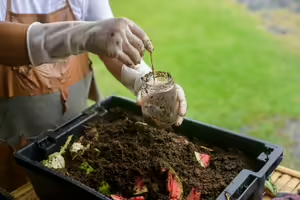
Conservationist
Conservationists focus on preserving natural resources and ecosystems. They work on projects to protect endangered species, manage habitats, and promote sustainable practices. A bachelor's degree in environmental science, conservation biology, or a related field is common. Some roles, especially leadership positions, may require advanced degrees.
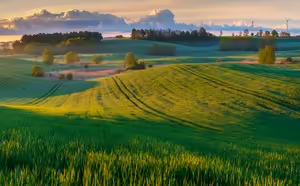
Ecologist
Ecologists explore relationships between living organisms and their environments. They might specialize in studying specific ecosystems, like forests or wetlands. Becoming an ecologist usually involves earning a master's or Ph.D. in ecology, environmental science, or a related field. This advanced education is particularly important for research and academic roles.
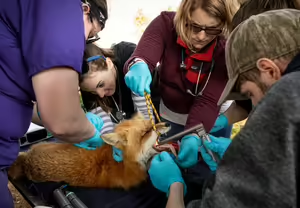
Wildlife Veterinarian
Wildlife veterinarians specialize in the medical care of wild animals. They diagnose and treat injuries and diseases, often working in wildlife rehabilitation centers or conservation organizations. A Doctor of Veterinary Medicine, DVM, degree is required.
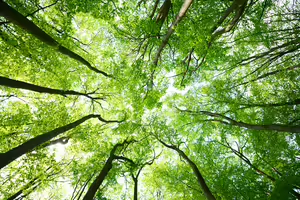
Arborist
Arborists work to maintain forest structure and integrity by repairing, trimming, and transplanting trees as needed. Arborists also keep tree inventory records, and work on invasive species removal or prescribed burn projects. A degree in forestry or environmental science is often required, with experience in forest management preferred. Arborists can acquire jobs at the federal level with the U.S Forest Service, or at non-profit organizations.
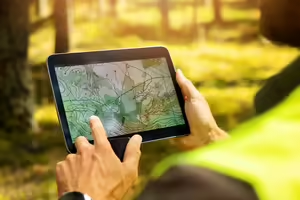
Land Management, Agriculture, Forestry Specialist
Specialists in land management focus on sustainable land use and conservation. They work for various organizations or private landowners, developing and implementing management plans. A bachelor’s degree in forestry, agricultural sciences, or environmental science are typical, with experience in land management valued.

Wildlife Photographer
Wildlife photographers capture captivating images of animals in their natural habitats. While no specific degree is necessary, honing photography skills, understanding wildlife behavior, and gaining field experience are crucial. Many wildlife photographers build their careers through a combination of self-learning and hands-on experience. These professionals can be hired by a variety of organizations or choose to freelance.
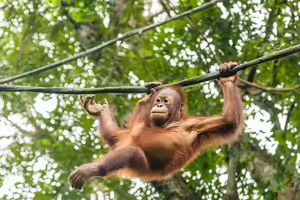
Zookeeper
Zookeepers care for animals in captivity, ensuring their well-being and managing their environments. A bachelor's degree in zoology, biology, or a related field is common. Experience gained through internships or volunteer work is valuable, as zookeepers often work hands-on with a variety of species. Zookeepers often communicate with the public, so a passion for outreach is essential.

Environmental Educator
Environmental educators teach communities about ecological issues. They develop programs, conduct workshops, and engage with the public. A bachelor's degree in environmental education, environmental science, or a related field is common. Strong communication skills and the ability to convey complex topics in an accessible way are essential.

Environmental Lawyer
Environmental lawyers are legal advocates for environmental justice. This professional provides counsel to many types of clients and can work in a variety of fields such as natural resources, land use, energy, environmental and chemical contamination. A bachelor’s degree in any field and a J.D is required to become an environmental lawyer. If you have a passion for advocacy, environmental law might be right for you.

Law Enforcement
Law enforcement within the environmental realm can include park rangers, game wardens, or park police. Environmental law enforcement officers are responsible for protecting park land, enforcing specific rules, and providing pertinent information for visitors to the park. These professionals can be hired by federal or state agencies, and even within city park districts. To become an environmental law enforcement officer, a bachelor’s degree in natural resource management, archaeology, or public administration is preferred. Further higher education may be needed for certain positions, such as the Police Academy training program in Springfield, Il for newly hired conservation police officer trainees.
Job Boards

Chicagoland Environmental Network
Find environmental job listings and network with professionals in the Chicagoland area.
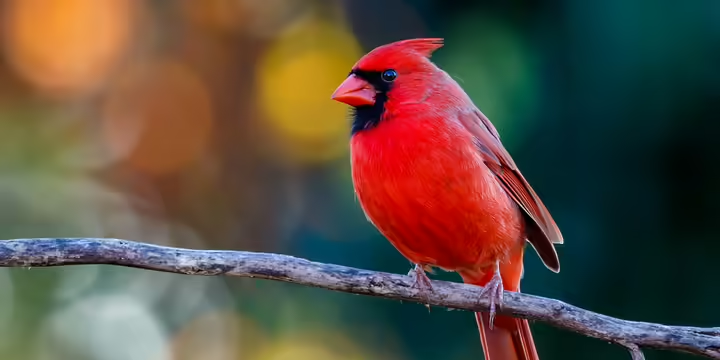
Wildlife Society Career Center
Discover wildlife-related job postings across various disciplines and locations.
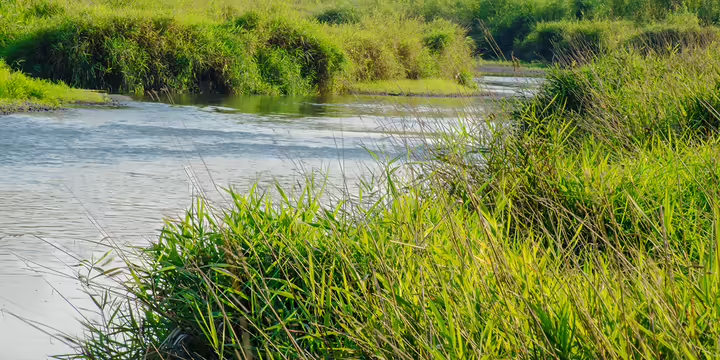
Texas A&M Natural Resources Job Board
Access job opportunities related to natural resources and conservation through Texas A&M University's dedicated job board.

Association of Zoos & Aquariums
Browse job postings from accredited zoos, aquariums, and related organizations.
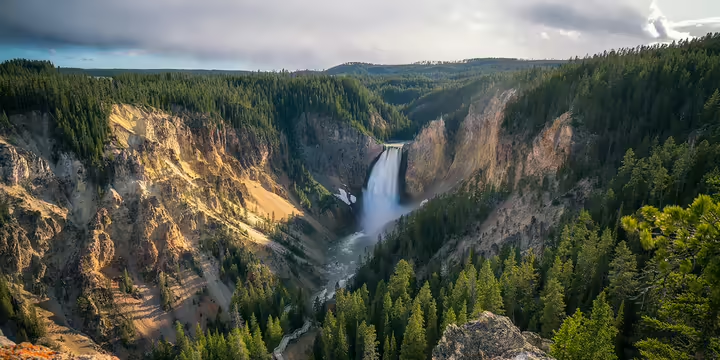
USAJOBS
Browse positions in wildlife biology, forestry, and environmental science within federal agencies.
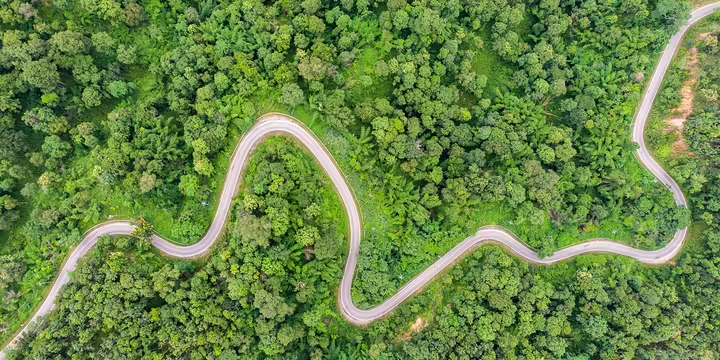
Center for Environmental Management of Military Lands
Explore job openings focused on environmental management within military lands and installations.
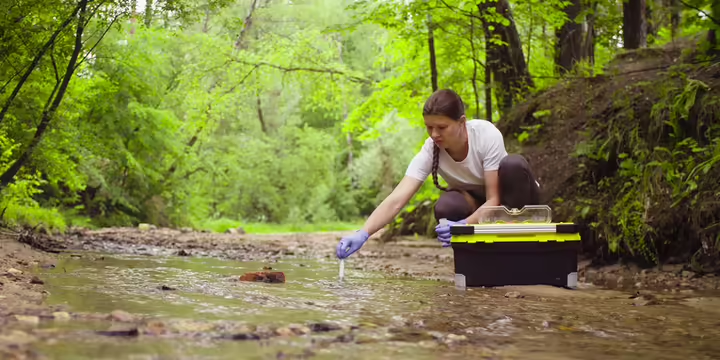
Conservation Job Board
Find a wide range of job opportunities in conservation and environmental sectors worldwide.

National Academies Careers
Discover job opportunities in scientific research, policy, and administration with the National Academies of Science.
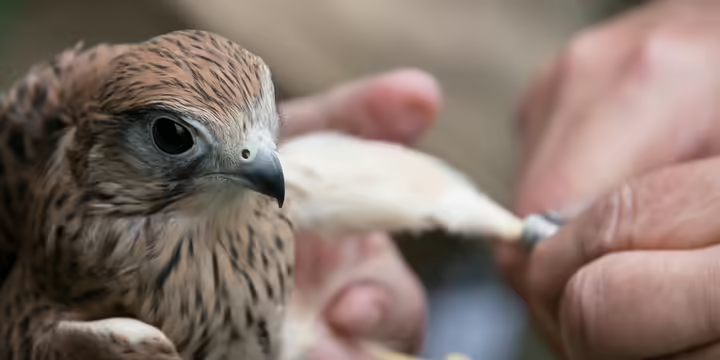
National Science Foundation Careers
Explore careers in scientific research and funding opportunities in various fields, including wildlife and environmental sciences, with the National Science Foundation.
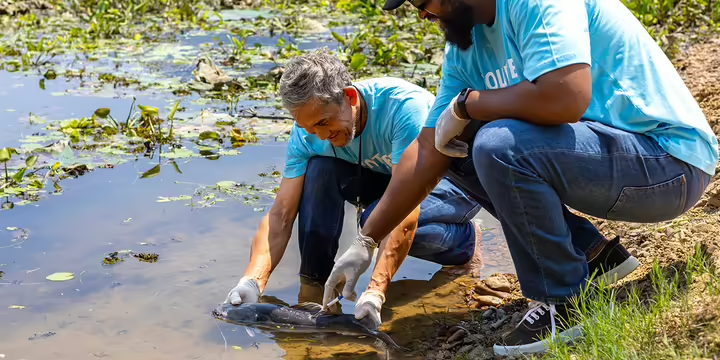
American Fisheries Society Career Center
Access job postings related to fisheries science, aquatic biology, and aquatic resource management.
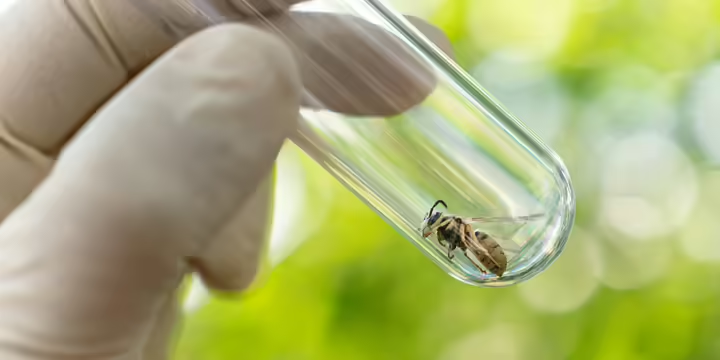
Prairie Research Institute
The Prairie Research Institute and its five surveys, including the Natural History Survey, provide rigorous, objective scientific research, data, and expertise to help understand, manage, and protect our essential natural resources.
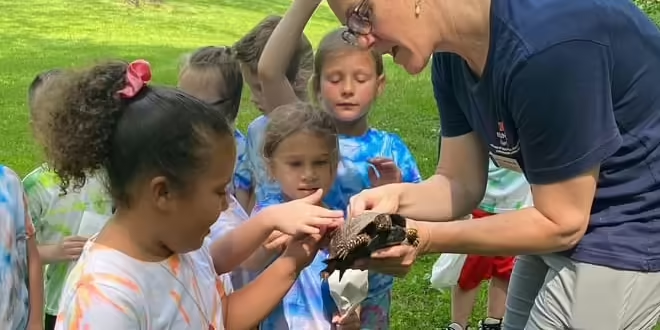
University of Illinois Extension
Extension educators, outreach associates, and researchers connect communities across the state with research-based information to help improve lives.
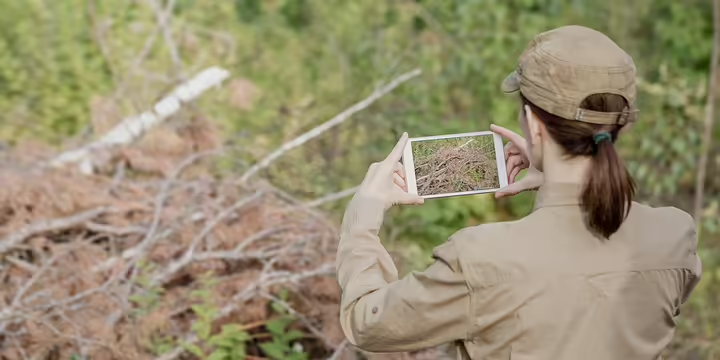
Illinois Department of Natural Resources
Join a team of dedicated professionals whose work supports the department’s mission of managing, conserving and protecting Illinois’ natural, recreational and cultural resources.
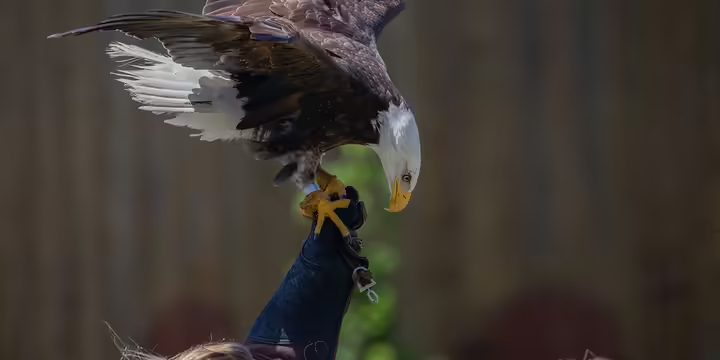
National Association for Interpretation
Interpreters connect visitors to important natural, cultural, and historical resources at parks, nature centers, historical sites, aquariums, zoos, and anywhere people come to learn about places.